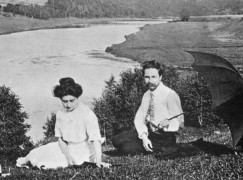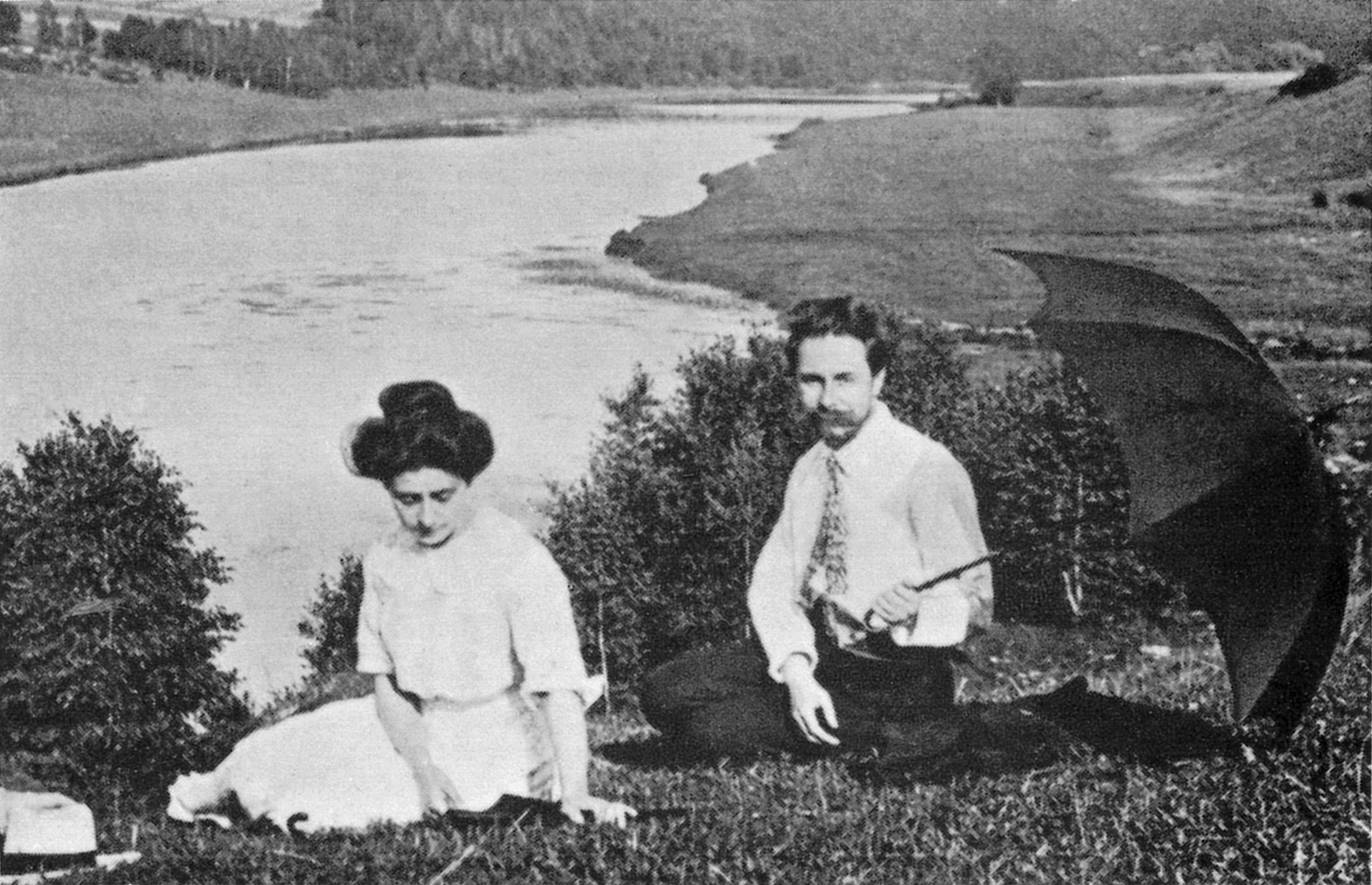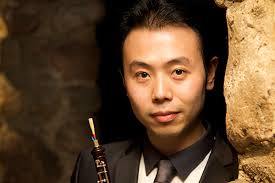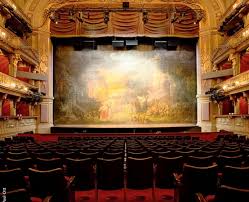It has taken a pandemic for me to love this composer
mainFrom the Lebrecht Album of the Week:
It has taken a global pandemic and lockdown for me to discover that the Russian composer Alexander Scriabin wrote a sheaf of mazurkas, which are Polish, and made them sound every bit as ethereal as Chopin at his most consumptive.
I had always held the view that Scriabin was best taken in small doses…
Read on here.
And here.







Both Scriabin and Rachmaninoff are worth hearing, but in small doses. I know their music is totally different. I am yet to be convinced about the merits of Glazunov though.
Well may I respectfully suggest that you listen to
Glazunov’s 5th symphony. It’s a really good piece.
Wally. Great that you like Glazunov, I hope you are enjoying listening to his music now. But why not respect that Mustafa has different tastes (and nothing wrong with that).
I completely disagree with this comparison. Rachmaninoff was an infinitely more skilled composer. I would rank his Symphonic Dances and the Paganini Rhapsody among the greatest masterpieces of the 20th century. Maybe it is because I have a violist’s perspective. Rachmaninoff’s part writing is wonderful; it seems like the viola parts are always going somewhere; we are given our own story to tell. The viola parts in Scriabin’s big blockbusters are a prison sentence. It is an exaggeration, but not much of one, to state that the better the viola part (Brahms, Mozart, Beethoven, Berlioz, Mahler, etc. etc.), the better the music. By this criterion, Scriabin is considerably short of second rate. Granted, his solo piano music is much better.
I think one of the reasons why people have a hard time with Scriabin’s music is that they don’t often get to hear persuasive presentations of it. It’s not that it’s not in the music, but rather that performers fall short of putting it across. But when that happens….watch out.
The symphonies are grand. Golovanov’s recording of #1 in its Boheme incarnation is extremely moving. Pletnev’s recording of #3 reveals a masterpiece that too many others miss.
Scriabin believed that through art one can achieve transcendence. At his best, his music achieves that. And when that happens, it’s an incredibly powerful experience.
The opening of the first Symphony is quite stunning in my opinion – almost foreshadows the sunrise in Daphnis et Chloe.
The piano concerto in F# minor is very moving
Yes, it’s terribly underrated!
Indeed Scriabine is a gem.
Listen to the Preludes and etudes ..
His only piano concerto has been neglected and I wonder why.The second movement is as valuable as Chopin’s piano concertos.
Wasn’t Scriabin obsessed with hand washing? How appropriate!
Excuse me? Please name one Chopin work that sounds “consumptive’ – thank you!
I very much like Scriabin’s piano music . Among his bigger works, I’m fan of his “Prometheus” for piano and orchestra. To me, that sort of ties everything together. I especially like it when the optional choir is involved.
Scriabin a marvellous composer underrated and needs serious studying along with Medner.
An attractive piece is Scriabin’s early Mazurka in E major, his lyrical key, a stunning work or encore, as is his very different Impromptu in B-flat minor, wonderfully recorded by his son-in-law Vladimir Sofronitzki,. a cult figure Sviatoslav Richter adored. Neither of these pieces is well-known.
Artur Pizzaro, who has posted here, ha an masterfult CD of Scriabin’scomplete mazurkas.
I have been a huge fan of Scriabin’s music ever since I heard a recording of the famous D Sharp minor etude Op 8 no 12 played by Horowitz.
That was almost forty years ago.
I used to know someone who had seen Scriabin play.
He once sat down at the piano, played one the early preludes and demonstrated Scriabin’s idea of Rubato. In his opinion, “today’s” pianists simply didn’t understand the concept.(This was over thirty years ago).
Several years later I heard a recording of that very same prelude played by Scriabin himself.
I was amazed. My friend ‘s rendition and considerable interpretative “freedoms” were virtually identical.
His memory of Scriabin ‘s playing was still intact over seventy years later.
Mustafa — About Glazunov, his eight preludes and fugues for piano, foreshadow Shostakovich’s great set, surprisingly, and may have suggested them as Glazunov was one ofhis teachers. Stephen Coombs, on Hyperion, makes a good case for them, and Vladimir Sofronitzki recorded one of them.
Otherwise, onthe famous number in “The Seasons” is the limit of my Glaunoviana, although I have the symphonies and have tried them, very trying they were.
There are nearly a dozen piano-rolls of Scriabin playing his own pieces, preludes, etudes, etc., that give an idea of his rubato. Mr. Tarak is very lucky to have known someone who remembers hearing Scriabin play; he died in 1915. I wish I had heard him!
there’s also said to exist a piano-roll of Scriabin playing one of his sonatas; I don’t know which one, and have never been able to find it.
After working on Early and mid Scriabin piano works this whole year I discovered his music is extremely addictive.
Also my opinion is that his music is not performed as much as it should be
Some reasons are: very complicated passages in left hand which even great pianists despise and also very thick texture for 2 minute miniature pieces that take weeks to learn.
My subjective opinion.